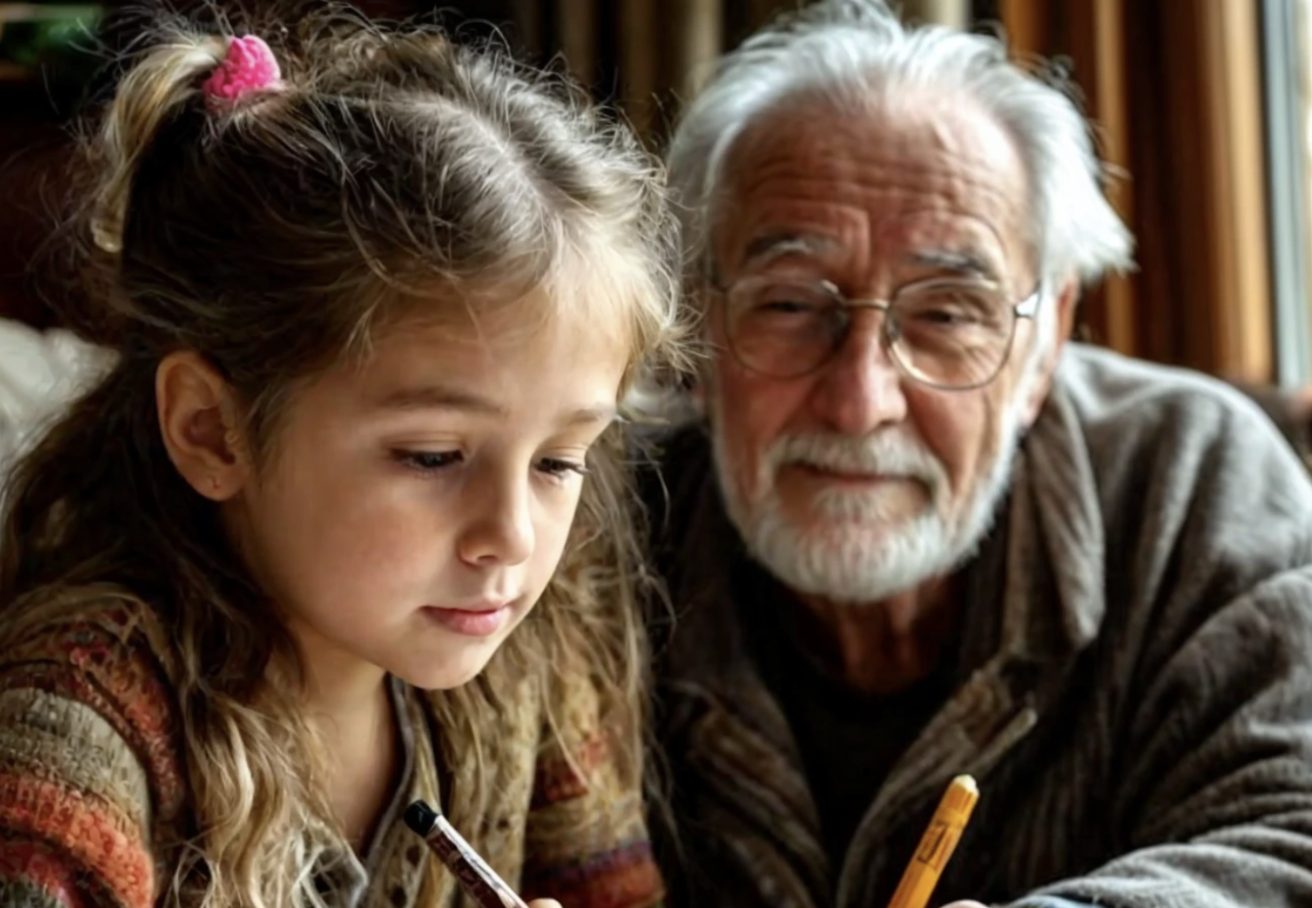The groom sent his pregnant bride on a tour to the taiga and left her in the forest. What happened next?
Alina sat in the kitchen, feverishly gulping down bitter, long-cold, and tasteless coffee, quietly crying. The children slept soundly in their beds, dreaming interesting dreams and sniffling with their little noses, while she just couldn’t fall asleep. Everything that had happened had so drained her that tears simply rolled down non-stop, from despair and hopelessness. … Read more









